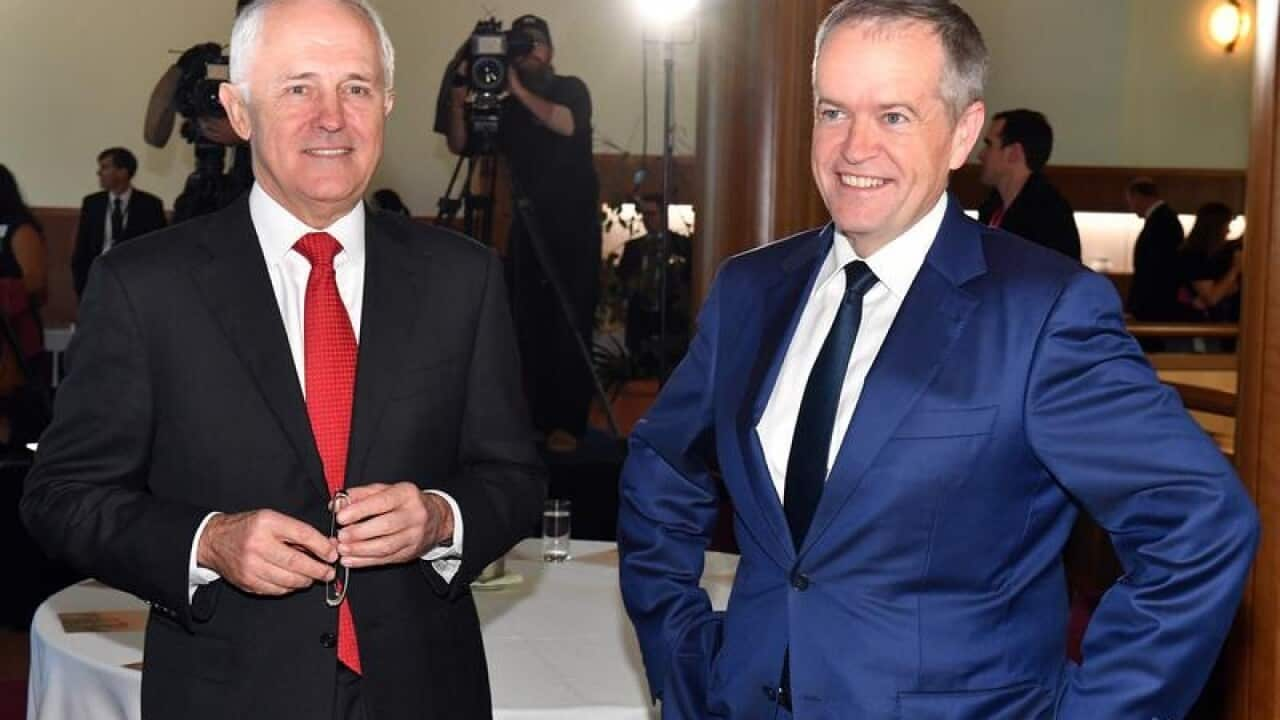"The challenge for us as Liberals is to come to terms with the fact that it is no longer about convincing Australians to be on our side, but to convince Australians that we are on theirs."
Treasurer Scott Morrison hit the nail on the head in his speech to the Liberal Party's federal council in Sydney in June.
The overwhelming feeling in the electorate 12 months on from the federal election is "they just don't get it".
Labor has led the Liberal-Nationals coalition in the polls consistently since jMalcolm Turnbull scraped back into power with the slimmest of margins on July 2 last year.
Bill Shorten puts this down to a simple formula.
As the opposition leader said in a speech to local government representatives recently: "People want a real conversation about the things which make a difference in their lives."
Labor's success is recognised in polls which give it a substantial lead over the coalition on who is "best trusted" to deliver on education, health, protecting jobs and making housing more affordable.
In recent months Turnbull and Morrison have acknowledged this gap.
The May budget sought to junk the least-fair aspects of the 2014 Abbott-Hockey budget and show voters the government understood their concerns about health and education in particular.
The jury is still out on the Gonski 2.0 schools funding package and the government's Medicare Guarantee Fund as effective political "resets" as well as the more recently embraced issue of power prices.
Clouding the impact of such policies is the fact millionaires and businesses will receive a tax cut, while average workers watch their wages flatline and face a tax hike in the form of a Medicare levy rise in the near future.
It's difficult to get voters' ears when the wage share of income has hit its lowest point in over 50 years, while the profit share has doubled.
It doesn't help the prime minister that Labor keeps reminding voters of his immense wealth and proximity to corporate bigwigs.
However, former Liberal campaign director Tony Nutt says Turnbull is a positive for the government.
He puts this down to Turnbull's standing, credibility and trustworthiness - in other words, he looks and acts like a prime minister.
In contrast, Liberal research has found Shorten's leadership is a "net negative" for Labor, with voters seeing him and his party as weak on the key issues of budget management and soft on border protection.
Published polls show about a third of voters don't prefer either leader and are willing to switch their vote as elections come around.
These are the voters Shorten and Turnbull will need to win over ahead of the next election, which could be held as early as August 2018.
Both major parties would do well to embrace the same theme: "We're on your side".

